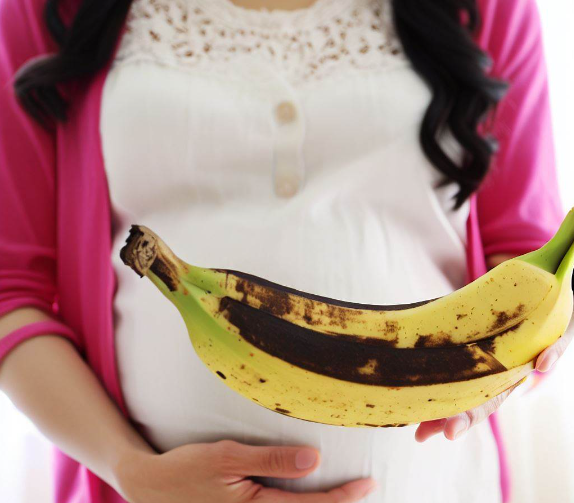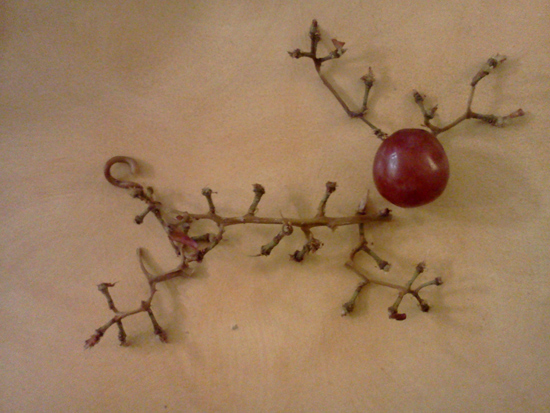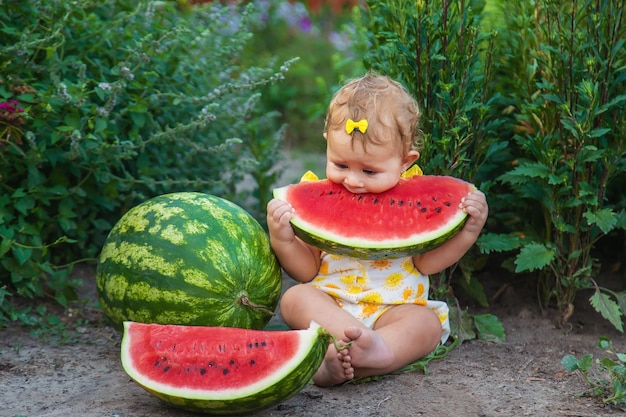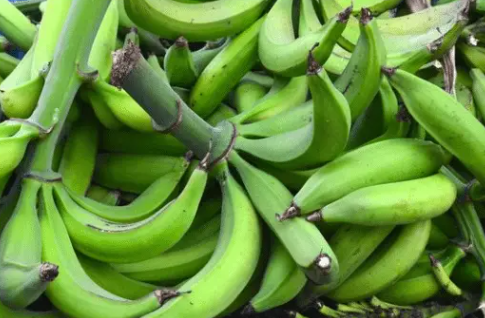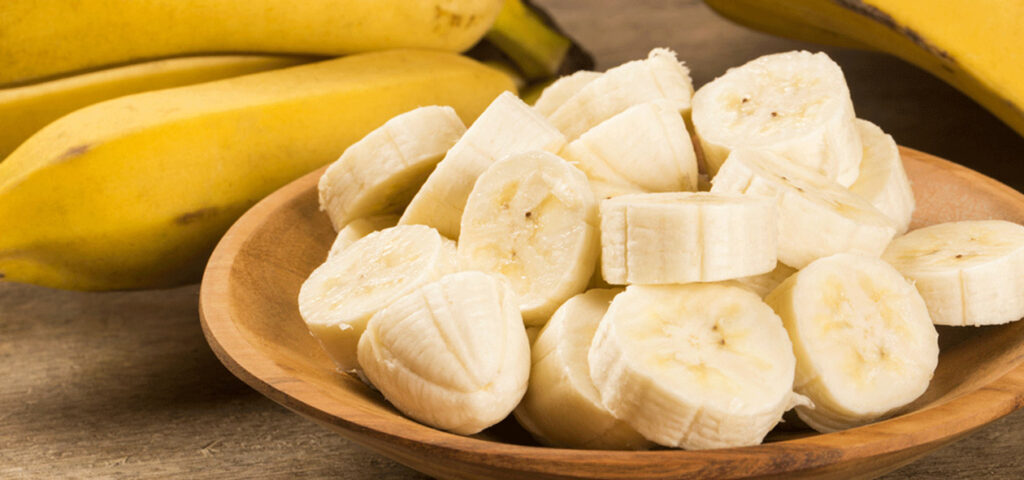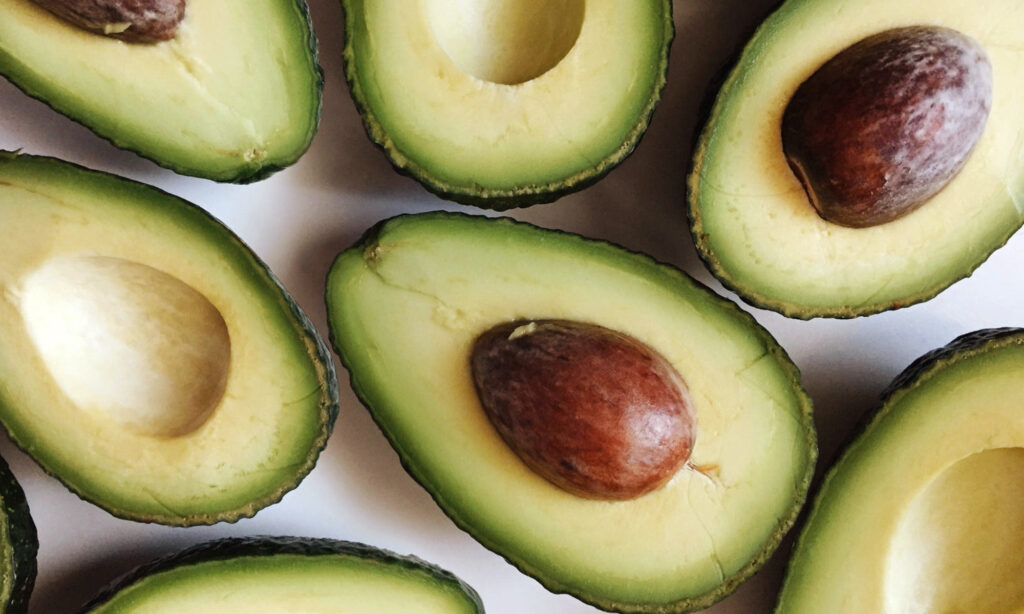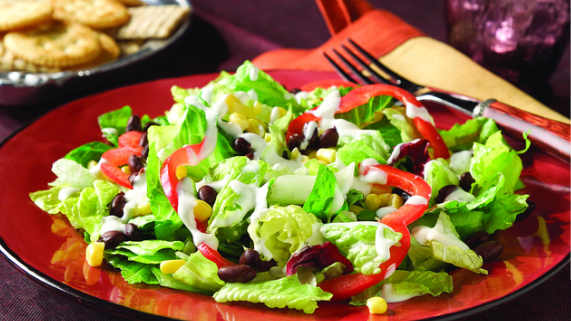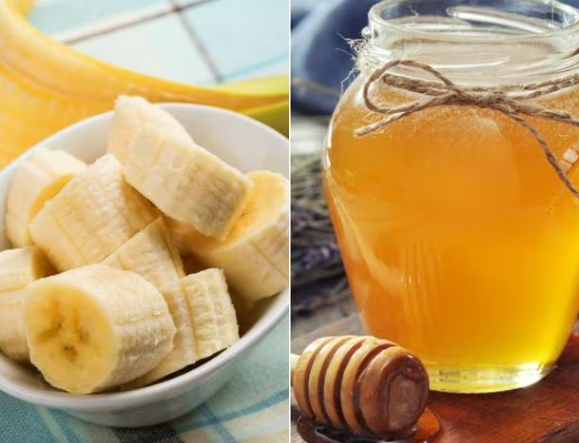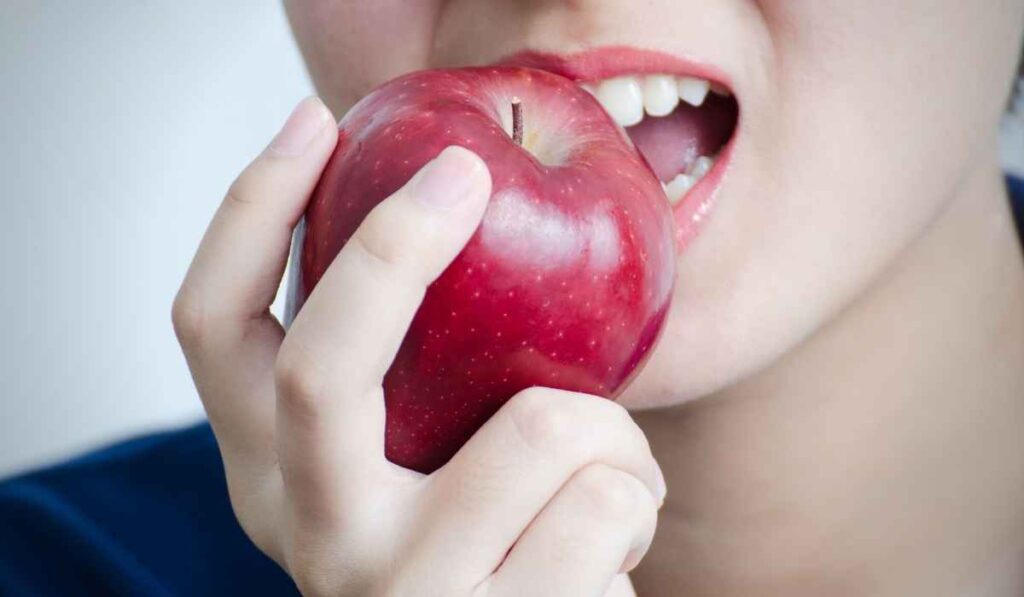When women are pregnant, they often focus more on what they eat. The goal is to keep both the mother and the baby healthy and developing well. Choosing the right foods can be tough because there are so many opinions out there.
Plantain, a member of the banana family, is one of the foods that pregnant women wonder about. In this article, we’re going to talk about whether eating plantain when you’re pregnant is safe and if it helps.
It’s really important for pregnant women to eat a variety of good foods. This helps the baby to grow well and keeps the mom-to-be feeling strong.
Plantains are really good for you. They can be part of a healthy diet during pregnancy, as long as you don’t eat too much. Let’s take a look at what they offer nutritionally.
Table of Contents
- What’s In A Plantain?
- Can You Really Eat Plantain During Pregnancy?
- Why Plantain Can Be Great for Pregnant Women
- 1. Keeps Your Digestive System Happy
- 2. Helps with Constipation Issues
- 3. Gives You Vitamins and Minerals
- 4. Supports the Baby’s Growth
- 5. Gives You More Energy
- Be Careful: Risks and Things to Consider
- Watch Out for Allergies
- Too Much Potassium Isn’t Always Good
- Blood Sugar Levels
- How to Add Plantain to Your Diet When Pregnant
- Different Ways to Cook Plantains
- Recipes and Meal Ideas with Plantains
- Eating Right for a Healthy Pregnancy
- Conclusion
What’s In A Plantain?
Plantains have lots of important nutrients that can help during pregnancy. They’re packed with fiber, which is great for keeping your digestive system running smoothly and stopping you from getting constipated—a common problem when you’re pregnant.
They also have vitamins like vitamin A, C, and E. These are good for keeping your immune system strong and helping to repair and grow tissues in your body. Plantains have minerals like potassium and magnesium, and they’re filled with antioxidants that fight off damage to your cells.
Can You Really Eat Plantain During Pregnancy?
Yes, eating plantain is okay when you’re pregnant. Since they are full of nutrients, they can be a good addition to your meals. Just make sure to cook them well and don’t go overboard.
Why Plantain Can Be Great for Pregnant Women
1. Keeps Your Digestive System Happy
Eating plantains during pregnancy can help your digestive system feel better. Because they’re high in fiber, they help you go to the bathroom more easily and stop you from feeling uncomfortable or getting constipated.
2. Helps with Constipation Issues
Many pregnant women struggle with constipation because of hormone changes and their growing belly pressing against their intestines. The fiber in plantains works like a gentle laxative, making it easier to go and helping you avoid constipation.
3. Gives You Vitamins and Minerals
Plantains are really nutritious. They give you vitamins like A, C, and E, which support your immune system and help you and your baby grow healthy tissue. They’re also a source of potassium which takes care of your heart and helps control your blood pressure.
4. Supports the Baby’s Growth
The nutrients in plantains, including a special one called folate, are super important for your baby’s growth, especially for their brain and spine. Eating plantains can help make sure you’re getting enough folate.
5. Gives You More Energy
Feeling tired is common when you’re pregnant. Plantains have carbohydrates which give you energy in a slow and steady way. This can help fight off tiredness and keep up with the energy your body needs during pregnancy.
Be Careful: Risks and Things to Consider
Even though plantains can be good for you, there are a few things to watch out for. It’s important to know these so you can enjoy plantains without any worries.
Watch Out for Allergies
It’s not common, but some people might be allergic to plantains. If you eat them and notice itching, swelling, or trouble breathing, you should tell a doctor right away.
Too Much Potassium Isn’t Always Good
Plantains have a lot of potassium. While it’s an important mineral, some people, like those with kidney problems, might need to eat less of it.
Blood Sugar Levels
Plantains can raise your blood sugar levels more quickly than bananas. If you have gestational diabetes or you’re at risk for it, you need to be careful with how much plantain you eat and keep an eye on your blood sugar.
How to Add Plantain to Your Diet When Pregnant
So, now that you know the good and the precautions about plantains, let’s talk about some ways to cook them that are both yummy and pregnancy-friendly.
Different Ways to Cook Plantains
You can cook plantains in many ways. Try boiling, baking, frying, or grilling them. When you experiment with these methods, you’ll find the best way to eat plantains that you really enjoy.
If you’re pregnant and looking for some tasty and healthy meal ideas, plantains are a great choice. Here are some ways to enjoy plantains:
Recipes and Meal Ideas with Plantains
- Plantain Chips: Cut the plantains into thin slices and bake them until they’re crispy. They’re a healthier snack than regular potato chips.
- Plantain Porridge: For a warm and filling breakfast, cook plantains with milk, cinnamon, and a bit of honey. It’s both comforting and wholesome.
- Plantain Pancakes: Make a batter by mashing ripe plantains with eggs and a little flour. It’s an interesting twist on traditional pancakes, plus it’s good for you.
- Plantain Curry: Slice plantains and cook them in a curry full of veggies and tasty spices. This dish is filling and packs a lot of flavors.
When you eat plantains, remember to also have other healthy foods. This way, your diet will be balanced and give you and your baby the nutrients you need.
Eating Right for a Healthy Pregnancy
Adding plantains to your diet is just one part of eating well when you’re pregnant. Here are some more tips for a nutritious diet:
- Eat lots of different fruits and veggies to get a wide range of nutrients.
- Include good proteins like chicken, fish, beans, and tofu in your meals.
- Choose whole grains like brown rice, quinoa, and whole wheat bread.
- Drink lots of water to stay hydrated and try to keep away from too much sugar in drinks.
- Avoid too many processed foods, sweets, and too much salt.
Always talk to your doctor or a dietitian to get advice that’s right for you and your pregnancy.
Conclusion
Adding plantains to your meals can be a savory and nutritious way to mix up your diet while you’re expecting. They help with digestion, prevent constipation, are full of vitamins and minerals, support the growth of your baby, and keep your energy up.
But it’s also good to know about any risks. Some people might be allergic, too many plantains can lead to too much potassium, and if you have gestational diabetes, you’ll need to watch how many you eat.
With the right balance and a little care, you can enjoy all the health perks plantains have to offer while you’re pregnant.
